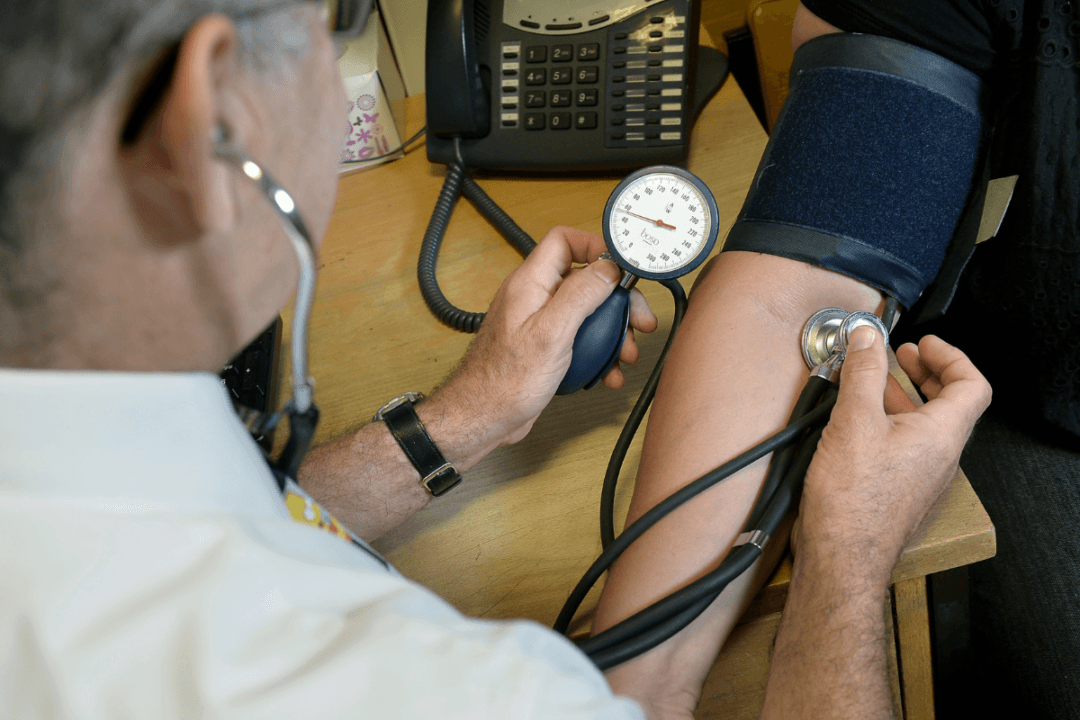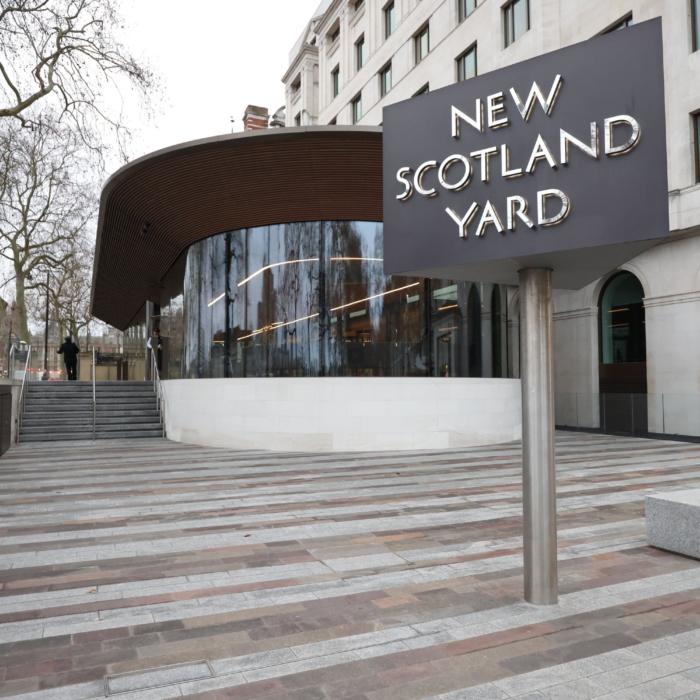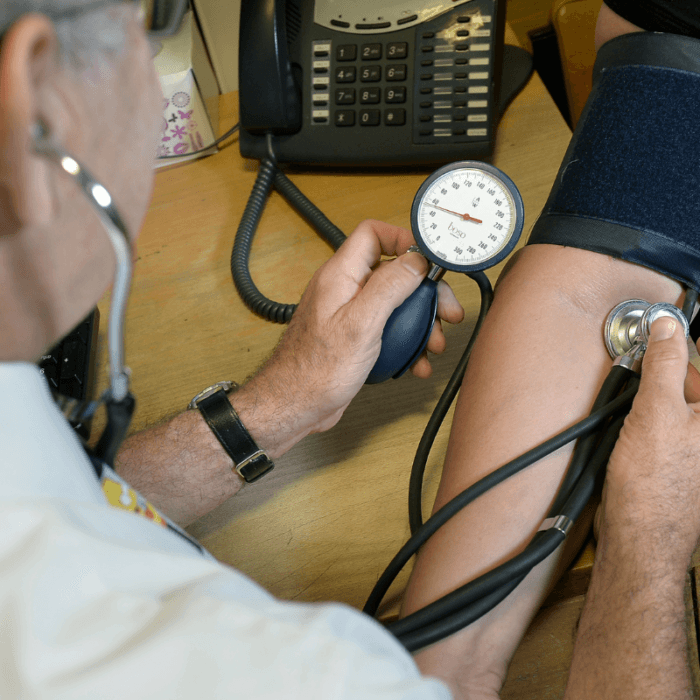Tax hikes in the government’s Budget will force GP practices in England to shut down or cut jobs and services, unless ministers commit to further funding, a trade union has warned.
Increased tax costs due to come into force from April next year will push practices to make redundancies in order to stay afloat, the British Medical Association’s GP Committee said on Tuesday.
The trade body representing England’s GPs said a survey of over 100 constituent practices showed that over two-thirds will cut jobs and over 70 percent plan to reduce both appointments and services.
“I would urge you to confirm unequivocally that GP practices will not bear the burden of hikes from the Budgetary implications, but that a proportion of the £22.6bn provided to your department in the Autumn Statement will resource this.
“It is crucial that you deliver this reassurance as swiftly as possible,” Dr. Katie Bramall-Stainer, chair of the BMA GP Committee England, said in the letter.
The Treasury said it has set aside funding to protect the spending power of the public sector, including the NHS, from the direct impact of the changes.
However, the BMA warned that GP surgeries are excluded from this, given that funding to offset the increased NIC costs doesn’t cover the private sector. This includes private sector firms contracted out with GPs, generally operating as independent businesses, according to the Treasury.
As such, GP practices are not eligible for funding to cover the hikes in NICs and the minimum wage.
“Yet [GP surgeries are] equally ineligible for any reimbursement open to small private sector companies because – according to the Treasury – we are ‘public sector,’” wrote Bramall-Stainer.
“This unhelpful paradox will ultimately lead to NHS GP practices being forced to cut services and cut staff – impacting upon patient care,” she added.
The BMA urged the government to support GPs in the face of increasing demands and prevent them from closing “their doors entirely.”
Tough Decisions
The government said that it had to take “tough decisions” faced with a “£22 billion black hole” in public finances. Chancellor Rachel Reeves committed £22.6 billion in spending for the Department of Health and Social Care.The Budget also included plans to establish a dedicated fund to deliver around 200 upgrades to GP surgeries across England. This includes supporting improved use of existing buildings and space, boosting productivity, and enabling practices to deliver more patient appointments.
Commenting on the tax hikes, a government spokesperson said: “The employer national insurance rise doesn’t kick in until April, and we will set out further details on allocation of funding for next year in due course.
“We will also hire an extra 1,000 GPs into the NHS by the end of this year, having already announced a contract uplift for GPs and practice staff, and we will ensure practices have the resources they need to offer patients the highest quality care.”
Over 40 percent of surgeries are now limiting patient appointments. Hundreds of GPs are capping daily contacts per doctor to 25 and stopping voluntary rationing referrals.
The pushback comes after family doctors voted at the start of August against changes to their contracts, introduced by the government and NHS England.







